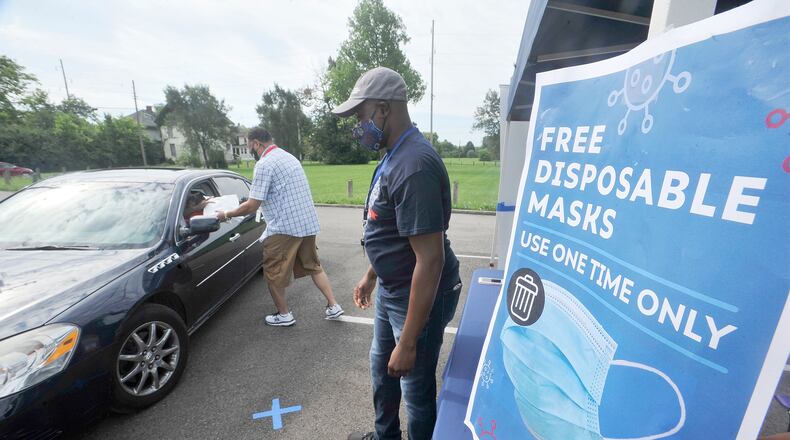What can you do?
While the science regarding universal masking and social distancing supports these practices more than refuting them, a significant number of individuals are not convinced by the literature. That is OK. As a clinician and scientist, it is best to approach decisions of uncertainty through those lenses.
My ask is that you try to think and act like a clinician as I guide you through that process.
In my 30 years as a neonatologist, I was tasked – as are all clinicians – with making concrete decisions in the face of uncertain or conflicting data and opinion. In those situations, the goal is to make the decision that will result in the least harm to the patient. For example, should I start antibiotics when the indications are unclear, or “soft?" If I initiate antibiotics and they are not needed after two days of investigation, the potential harm might be two days of unnecessary antibiotics.
If I do not initiate antibiotics and they are needed after further investigation, the harm could be much graver, even life-threatening.
You must see the question of universal masking and social distancing as a clinical decision in the face of varying opinions and data. Your patients are your neighbors, your family, the vulnerable in nursing homes, and your friends.
This clinical decision has even another patient/family consideration: the physicians, nurses, and hospital staff taking care of those with COVID and the risk of exposure as well as bed capacity.
Here is how a caring and skilled clinician would make this decision.
If I choose to wear a mask and social distance and, in the end, it was not necessary, the harm is primarily the inconveniences to me and missing out on some activities that I truly desire. If I choose to not wear a mask in public, to church, when shopping, and I am wrong, I may have contributed to someone’s vulnerable loved one developing a fatal infection or a nurse that now must work an extra shift and take on more risk to themselves and their family.
As we face winter and rising cases, try to think like a clinician when deciding to wear a mask and social distance. This approach is not meant to generate guilt or shame. It is merely sharing how a clinician and scientist would approach a challenging decision in the face of uncertainty.
Dr. Marc Belcastro is the system chief medical officer at Premier Health. He is board-certified in pediatrics and neonatology and received his Doctor of Osteopathic Medicine degree from Ohio University Heritage College of Osteopathic Medicine. Guest columns are submitted or requested fact-based opinion pieces typically of 300 to 450 words. Have an idea? Contact Amelia Robinson at arobinson@daytondailynews.com.
About the Author

